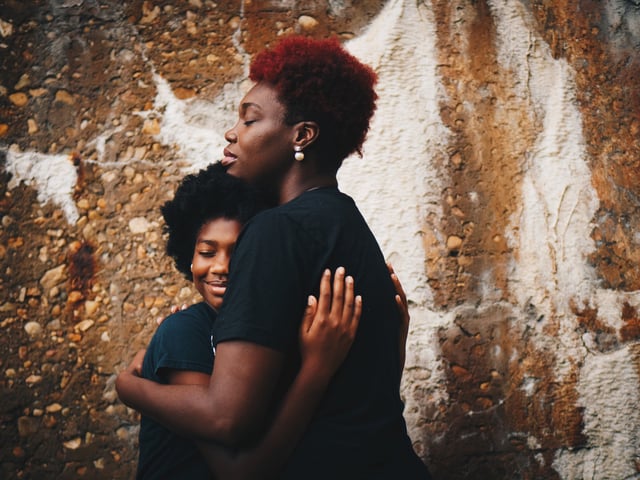Overview
- Researchers tracked 52 adults over four weeks with six daily ecological momentary assessment prompts to record their expressions of love and feelings of being loved on a 0–100 scale.
- Analysis uncovered an asymmetrical dynamic in which expressing love increased subsequent feelings of being loved, with the strongest effect emerging about three hours later.
- Feelings of being loved showed greater persistence over time than expressions of love and correlated with higher self-reported flourishing and overall psychological well-being.
- Authors suggest that love can be developed as a learnable skill through regular practice and heightened awareness, offering a potential tool to combat loneliness.
- Experts caution that the study’s small, predominantly white and female sample and its observational design limit generalizability and underscore the need for broader, more diverse research.


